BURKINA FASO releases four FRENCH spies who were imprisoned for a year
Burkina Faso Releases Four French Spies After Year-Long Imprisonment
In a significant diplomatic development, Burkina Faso has released four French nationals who had been imprisoned for nearly a year under charges of espionage. The release, which follows months of intense negotiations, marks a new chapter in the complicated relationship between the West African nation and France, a former colonial power with longstanding ties to the region.
The four individuals, who were detained by Burkinabe authorities in 2023, were accused of espionage and working for French intelligence services. Their arrest and subsequent detention raised tensions between Burkina Faso and France, as the country navigated its shifting alliances amidst a growing trend of anti-French sentiment and a rise in military-led governance across West Africa. The French nationals’ release, however, is seen as a step toward de-escalating diplomatic tensions between the two nations, while also shedding light on broader geopolitical shifts in the region.
The Arrest of the French Nationals
The four individuals, whose names have not been fully disclosed, were arrested in 2023 in Burkina Faso, where they were accused of espionage and attempting to destabilize the country’s security. The arrests came at a time of heightened political instability in Burkina Faso, following a military coup in 2022 that ousted the country’s elected president, Roch Marc Christian Kaboré, and ushered in a period of military rule under Captain Ibrahim Traoré.
At the time of their arrest, the French nationals were alleged to be working as part of a covert operation on behalf of the French government, possibly in collaboration with intelligence agencies, though the French government denied these allegations. Burkina Faso’s transitional government, which came to power following the coup, had increasingly distanced itself from France and other Western powers, criticizing the former colonial ruler for its involvement in the region’s security issues, particularly concerning the growing Islamist insurgency in the Sahel region.
The charges against the four individuals were seen as part of a broader backlash against French influence in West Africa. French forces had been stationed in several Sahelian countries, including Mali, Niger, and Burkina Faso, as part of counter-terrorism operations targeting extremist groups such as al-Qaeda and ISIS. However, in recent years, many in the Sahel have grown disillusioned with French military presence, viewing it as ineffective or even complicit in the region’s instability. In Burkina Faso, this sentiment was particularly pronounced following a rise in violence by jihadist groups and the perception that French military operations were failing to protect local populations.
The Diplomatic Tensions Between France and Burkina Faso
The arrest of the French nationals coincided with a broader shift in Burkina Faso’s foreign policy, as the country sought to reduce its reliance on France and turn to new partners. Under the leadership of Captain Traoré, Burkina Faso expelled France’s ambassador and requested the withdrawal of French troops, marking a significant break from the historical ties that had long linked the two countries. The decision to sever military ties came amid widespread public dissatisfaction with France’s involvement in the fight against terrorism in the Sahel, as well as growing anti-French sentiment across the region.
Burkina Faso’s new leadership, alongside neighboring Mali and Niger, has been part of a broader trend in the Sahel where military juntas have taken power in several countries, often citing frustration with Western-led counter-terrorism efforts and calls for greater national sovereignty. These juntas have sought to distance themselves from former colonial powers, particularly France, and have turned toward Russia for support, with the Wagner Group, a Russian paramilitary organization, reportedly providing assistance in some of these countries.
The case of the French spies further highlighted the growing diplomatic tensions between Burkina Faso and France. The Burkina Faso government’s decision to detain the French nationals was seen by some as a way to assert the country’s independence and to send a strong message to Western powers that their influence was no longer welcome. It was also a signal to France that Burkina Faso would not tolerate what it perceived as foreign interference in its domestic affairs.
The Release of the Four French Nationals
After nearly a year of diplomatic discussions and negotiations, the four French nationals were released from detention in Burkina Faso. The release is seen as a positive development in the strained relations between the two countries. It came after several months of behind-the-scenes diplomacy, with both the French government and Burkina Faso’s transitional leadership working to find common ground.
French President Emmanuel Macron expressed relief over the release of the detainees, reiterating that France does not engage in espionage operations in Africa. Macron’s office emphasized that the French government had been working closely with Burkina Faso’s authorities to resolve the situation, underscoring the importance of dialogue between the two nations.
For Burkina Faso, the release of the four French nationals could be seen as an effort to calm tensions with France and the international community. While the country has maintained its stance of reducing French influence, the release of the detainees suggests that Burkina Faso may be open to continuing diplomatic relations with France, particularly in areas such as trade, security cooperation, and development assistance.
The Geopolitical Implications of the Release
The release of the French nationals has broader geopolitical implications for West Africa and the Sahel region. As France’s influence continues to wane in countries like Mali, Burkina Faso, and Niger, the region has seen a growing shift toward alternative alliances, particularly with Russia and other non-Western powers. The presence of Russian mercenaries, especially the Wagner Group, in the region has raised concerns in Western capitals, but it has also provided a degree of support for governments seeking to break away from their historical ties with France.
The Burkina Faso case underscores the growing competition for influence in West Africa, as both Western and non-Western powers vie for alliances with resource-rich countries in the Sahel. The region is crucial not only for its mineral resources but also for its strategic location as a counterterrorism battleground in the fight against Islamist insurgencies. As Burkina Faso navigates this shifting geopolitical landscape, the role of foreign powers will continue to play a key part in the country’s future trajectory.
The release of the French nationals may also have implications for France’s broader strategy in the Sahel. While it represents a diplomatic victory for the French government, it also highlights the limits of French power in the region. France has long viewed its military presence in the Sahel as vital to counterterrorism efforts, but the recent wave of anti-French sentiment across the region signals that many Africans are increasingly looking for alternatives to Western-led military operations.
Public Opinion and the Anti-French Sentiment
The release of the French nationals may help to ease some of the diplomatic tensions between Burkina Faso and France, but it does little to resolve the underlying issues of anti-French sentiment in the region. Many in West Africa, including in Burkina Faso, have expressed frustration with the presence of foreign troops, particularly French forces, in the region. While France has positioned itself as a counterterrorism ally, many in the Sahel view the French military presence as ineffective in stemming the rise of extremist groups and improving security for local populations.
This growing anti-French sentiment has led to increasing calls for greater national sovereignty and the reduction of foreign influence in the region. As seen in Burkina Faso, Mali, and Niger, military juntas have capitalized on public dissatisfaction with France’s role in regional security, advocating for more self-reliance and exploring new partnerships with countries like Russia and China.
In response, France is likely to reassess its strategy in the region, taking into account the changing political dynamics and the shift toward non-Western alliances. While the release of the French spies may ease tensions in the short term, it remains to be seen how long-term relations between Burkina Faso and France will evolve in the face of broader geopolitical trends.
Conclusion: A Step Toward Diplomatic Normalization?
The release of the four French spies after their year-long imprisonment in Burkina Faso represents a pivotal moment in the evolving relationship between Burkina Faso and France. While it marks a potential thaw in diplomatic tensions, the broader context of anti-French sentiment in the region suggests that the future of France’s influence in West Africa remains uncertain. As Burkina Faso seeks to assert its sovereignty and explore new geopolitical alliances, the release of the detainees may simply be one chapter in a larger story of shifting power dynamics in the Sahel.
For now, the release offers a glimmer of hope for diplomacy and dialogue, but the underlying issues surrounding foreign military presence and resource control will continue to shape the trajectory of Burkina Faso’s political future.
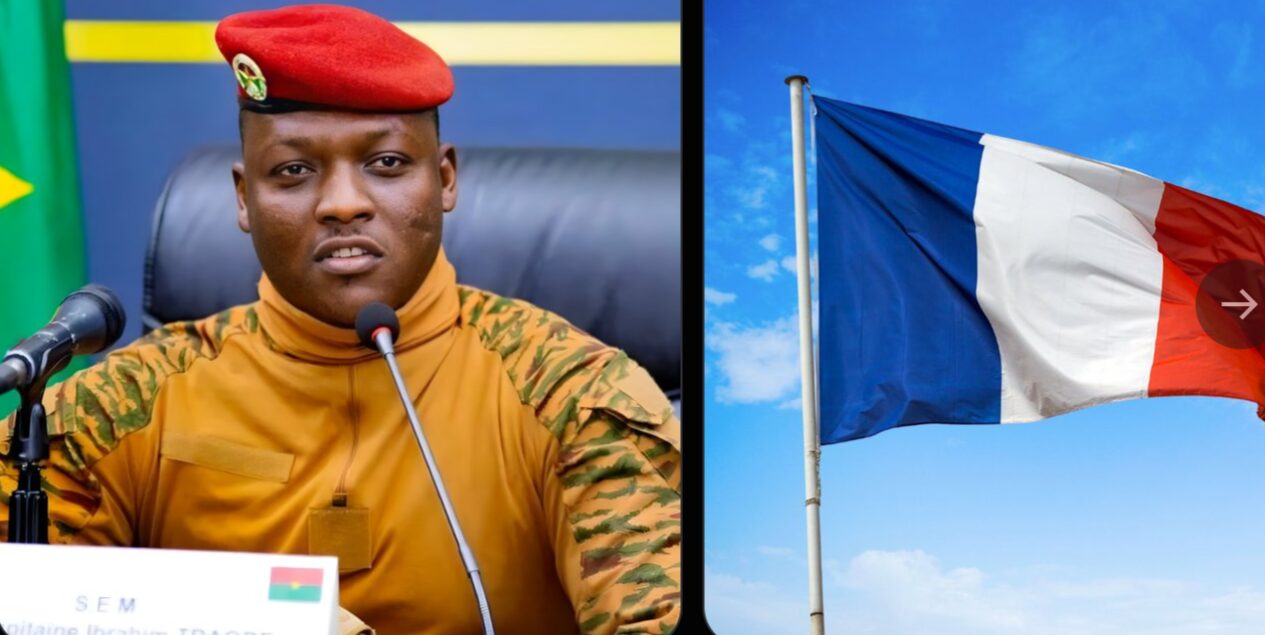
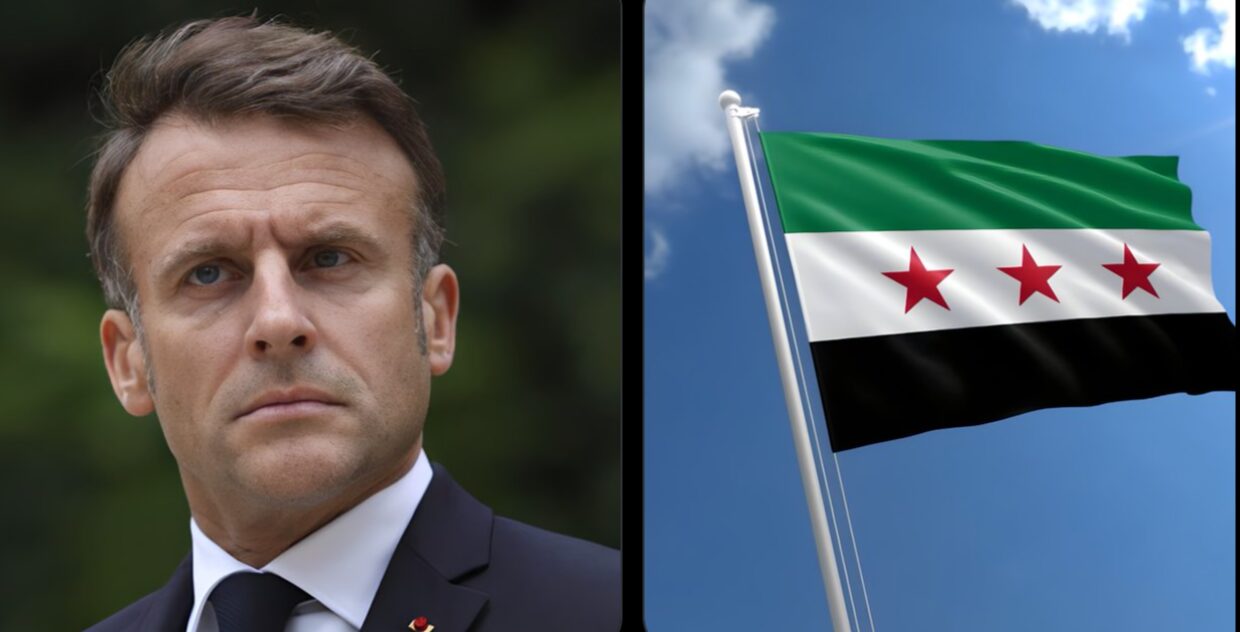

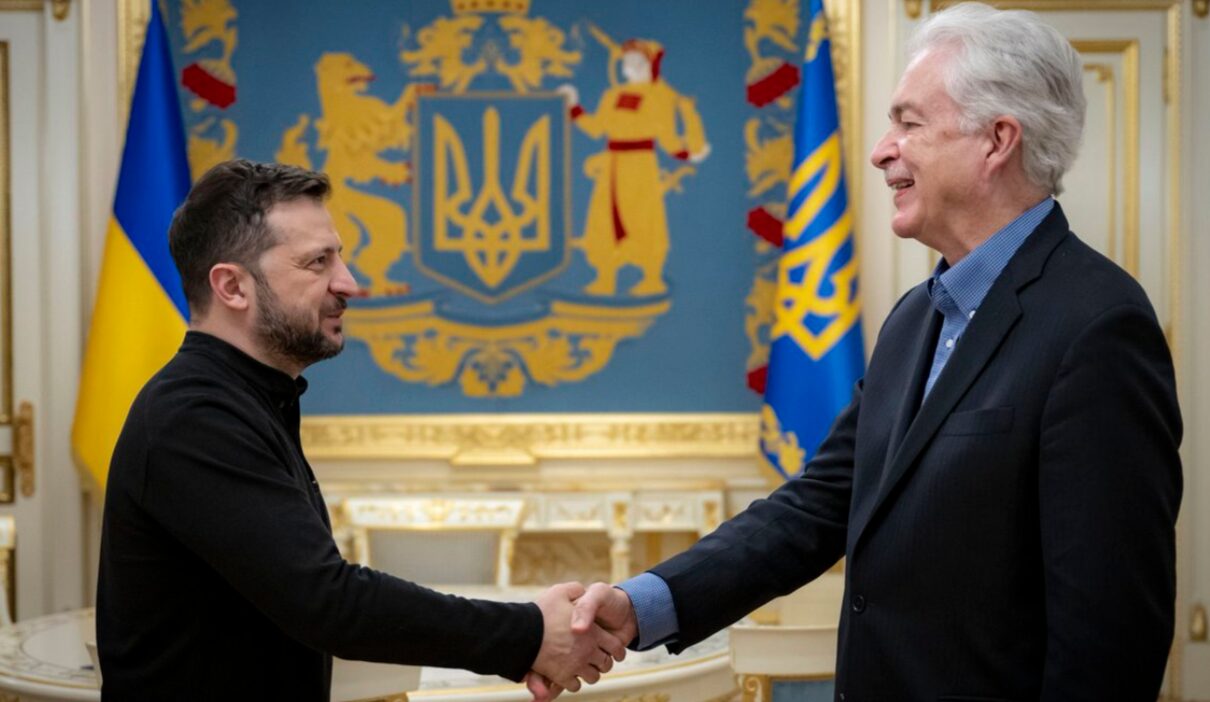



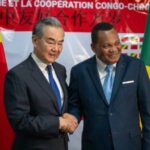
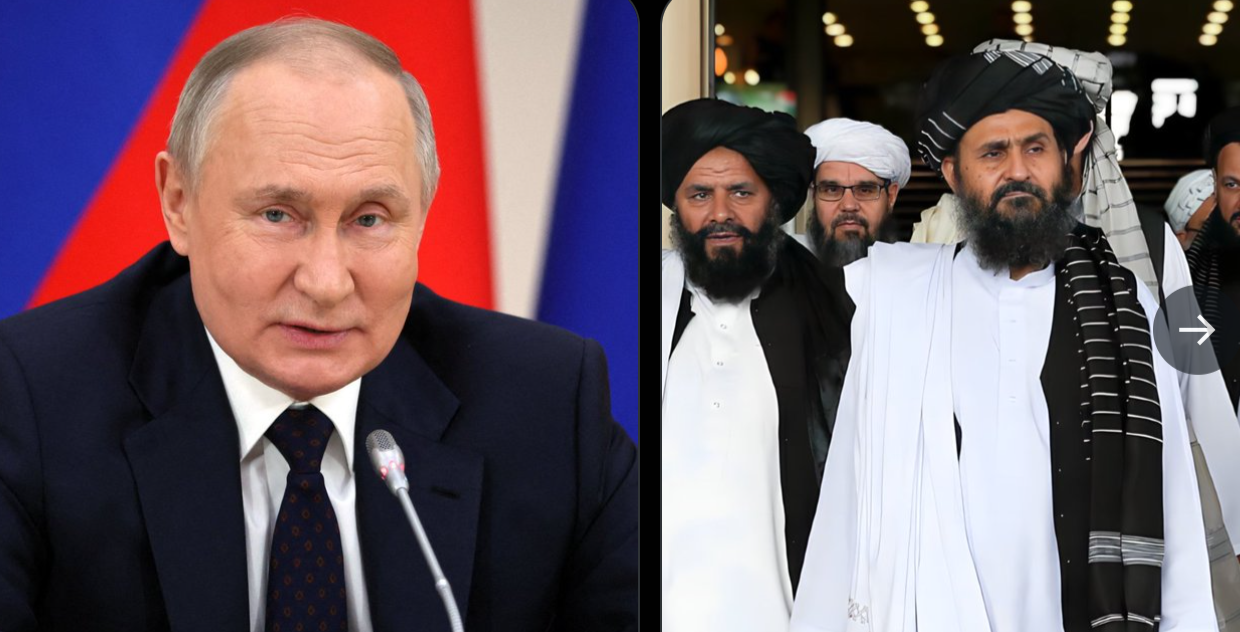








Post Comment